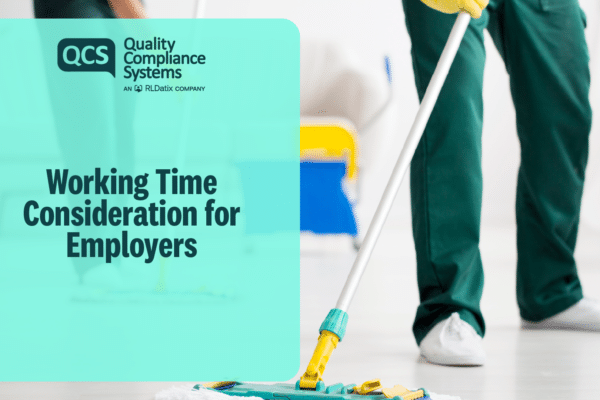 Introduction
Introduction
Healthcare personnel come into contact with patients on a day to day basis. They may be exposed to pathogens when then come into contact with blood or bodily fluids during the course of their work.
There are different immunisation requirements for clinical, non-clinical and laboratory personnel. The clinical personnel (doctors, nurses, care personnel, dentist etc.) are those who may come into contact with bodily fluids or blood. The non-clinical personnel (cleaners, receptionists, porters etc.) do not come into contact with bodily fluids or blood. All the personnel who work in a laboratory or mortuary may need specific immunisations depending upon what role they undertake.
As a starting point all personnel should be up to date with their routine immunisations, e.g. tetanus, diphtheria, polio and MMR which they can do at their GP surgery.
Who requires immunisation?
Every employer should assess whether their personnel will need to be immunised whether this is a care home, GP surgery, dentist, clinic, laboratory, mortuary or hospital. The type of immunisation required should be identified in a risk assessment against the person’s role and job description.
The Legal Requirement
The employer should undertake a risk assessment on the work activities that pose significant risk to employees. The risk assessment should assess risk to personnel, visitors and patients/service users.
The legislation that covers the requirement to carry out a risk assessments are:
- The Management of Health and Safety at Work Regulations 1999 – Regulation 3 – States that every employer shall make a suitable and sufficient assessment of :
- The risks to the health and safety of his employees to which they are exposed whilst they are at work; and
- The risks to the health and safety of persons not in his employment arising out of or in connection with the conduct by him of his undertaking.
- The Health and Safety at Work etc. Act 1974 – Requires the following general duty of employers to their employees be carried out:
- Section 2 – It shall be the duty of every employer to ensure, so far as is reasonably practicable, the health, safety and welfare at work of all his employees.
- The employer can provide a safe working environment with a number of different management strategies including ensuring that the personnel receive immunisation where identified as required. Protection of the workforce from harm through exposure to pathogens is the main objective.
- The Control of Substances Hazardous to Health (COSHH) Regulations 2002 – Require employers to assess the risks from exposure to hazardous substances, including pathogens.
- Section 7 states: Every employer shall ensure that the exposure of his employees to substances hazardous to health is either prevented or, where this is not reasonably practicable, adequately controlled, and;
- Where appropriate, making available effective vaccines for those employees who are not already immune to the biological agent to which they are exposed or are liable to be exposed.
- The employer must ensure a COSHH risk assessment is undertaken to identify which personnel are at risk of exposure to the different pathogens. The employer will need to offer immunisations to the identified people within specific roles who are at risk of exposure.
Information, Instruction and Training
Information on the risk of cross infection and vaccinations should be given to those requiring immunisation. The immunisations may be given by the GP practice. If it is not done through the GP practice then an alternative provider such as an external occupational health provider with appropriately qualified specialists can be used. The employer will need to arrange and pay for the immunisations to be done.
Immunisation Programme
The employer will need to have an immunisation programme in place. This can be detailed in the immunisation policy.
The employer should be aware of the immunisation status of part-time, permanent and agency personnel.
Hepatitis B Vaccine
Hepatitis B vaccination is recommended for healthcare personnel who may have direct contact with patients’ blood or blood-stained body fluids.
Summary
The employer is legally required to undertake a risk assessment to identify those personnel who will need immunisations. The employer will need to organise the immunisations of personnel and pay for the vaccines. There are many more pathogens where a vaccine is available and through the risk assessment process the employer can made an informed decision on who should be vaccinated.
QCS has information and different policies on infection control to meet your CQC requirements.






